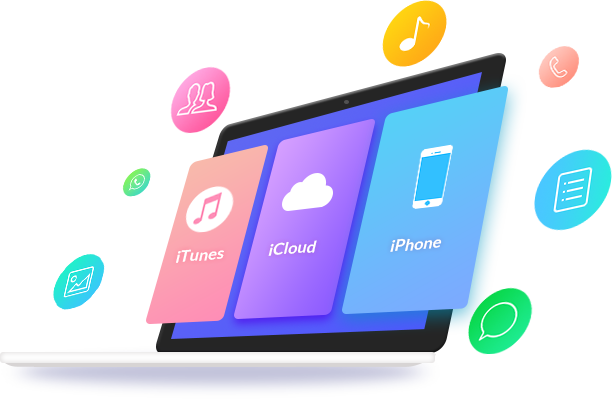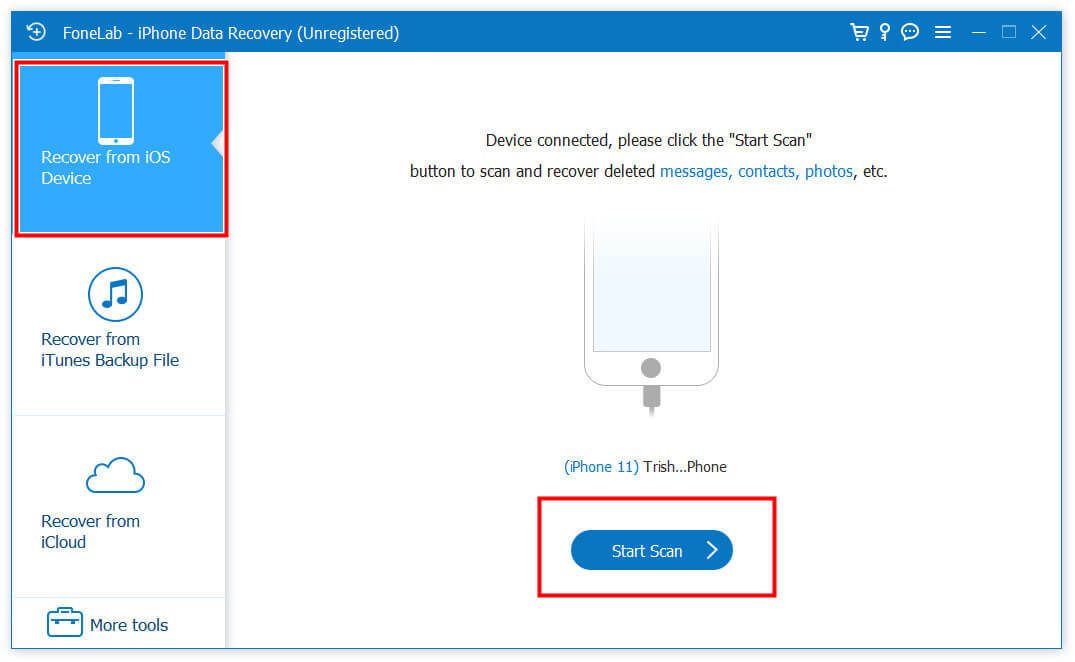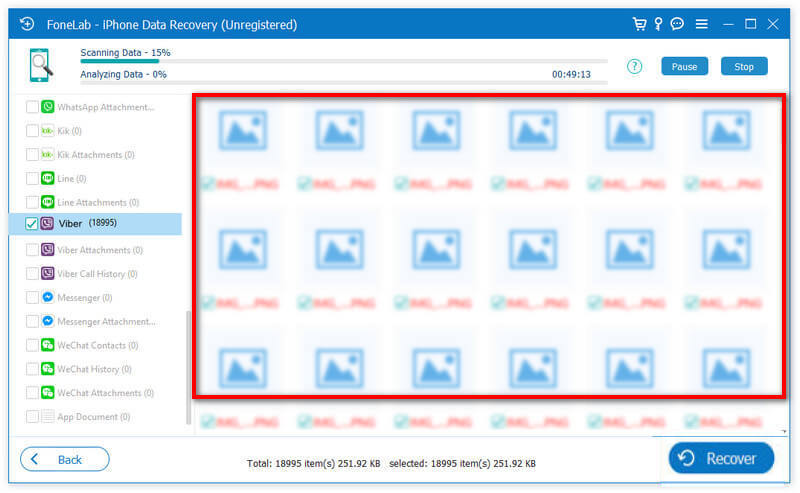Aiseesoft FoneLab — iPhone Data Recovery: Recover Photos, Messages, Contacts & 30+ File Types
Aiseesoft FoneLab iPhone Data Recovery offers reliable recovery of lost or deleted data from iOS devices—whether
your device is locked, damaged, or you only have backups. With three recovery modes (iOS Device, iTunes Backup, iCloud Backup),
preview capabilities, and support for over 30 file types (photos, messages, WhatsApp, call logs, notes, and more), it’s powerful
enough for professionals and easy for everyday users.

Official product banner — recover from iPhone, iTunes or iCloud.
Why FoneLab Stands Out
- Three targeted recovery pathways that adapt depending on your backup availability and device condition.
- Selective recovery with previews prevents overwriting and saves time.
- Wide device support for iPhones, iPads, and iPod touches—old and new.
- HEIC conversion to JPG on export for compatibility with most computers and apps.
- Fast, high-success scanning via optimized algorithms.
Supported Data Types
Media & Photos
Camera Roll, Photo Library, Photo Stream, app photos, HEIC/JPG/PNG, Videos, Voice Memos.
Messages & Social
Text Messages, iMessages, WhatsApp, Kik, Line, Viber, Messenger—and attachments.
Personal & Browsing
Contacts, Call History, Notes, Calendars, Reminders, Safari Bookmarks & History, App Documents.
Three Professional Recovery Modes
- Recover from iOS Device — scan and restore deleted data directly from your iPhone or iPad.
- Recover from iTunes Backup — extract and export individual files without restoring the entire backup.
- Recover from iCloud Backup — sign in, download backup snapshots, preview and selectively restore files.
Step-by-Step: Recover from iOS Device (Direct Scan)
This is the most common scenario when you don’t have a backup and need to recover deleted files directly from the device.
1. Connect & Trust
Install and launch FoneLab on your computer and connect your iPhone/iPad using a data-capable Lightning or USB-C cable. Tap “Trust” on the device if prompted.
2. Select “Recover from iOS Device”
From the main interface choose Recover from iOS Device. Confirm device model and iOS version displayed by the app to ensure you’re scanning the correct device.
3. Start Scan
Click Start Scan. The tool reads system records and storage to locate fragments of deleted items. Scanning takes longer on large devices or heavily-used storage.
4. Preview & Filter Results
After scanning, preview recoverable items grouped by category. Use filters such as “Show deleted only” and date ranges to find what matters quickly.


Left: Start Scan screen; Right: Preview thumbnails and Recover button (Aiseesoft how-to screenshots).
5. Recover Selected Items
Tick the boxes beside items you want and click Recover. Choose an export folder; photos can be converted from HEIC to JPG during export for compatibility.
Recover from iTunes Backup — Quick Guide
If you backed up via iTunes/Finder, choose Recover from iTunes Backup, pick the correct backup (by date/device), click Scan, then preview and selectively export the items you need — no restore to the device required.
Recover from iCloud Backup — Quick Guide
Choose Recover from iCloud Backup, sign in with your Apple ID (2FA supported), select the backup snapshot, download and scan it, then preview and recover specific files to your computer.
Practical Tips to Improve Recovery Success
- Stop using the device immediately after accidental deletion to avoid overwriting recoverable data.
- Use a reliable USB cable/port (wired connection) for direct scans.
- Prefer scanning backups (iTunes/iCloud) when available — they often yield more complete results.
- Use filters like “Deleted only” and date ranges to reduce clutter in results.
- Convert HEIC to JPG if the target computer or app doesn’t support HEIC.
Troubleshooting & Common Issues
Scan is slow or stuck
Try a different cable/port and close background programs. For very old backups or huge libraries, scanning may take longer — be patient or scan by category.
iCloud login / 2FA problems
Confirm the two-factor code on your trusted device. If you cannot complete 2FA, try iTunes backup or device-based recovery (if accessible).
Pros & Cons — Quick Summary
Pros
- Multiple recovery modes for higher success rates.
- Selective preview & export avoids full-device restore overwrites.
- Supports HEIC and many social-app data types (WhatsApp, Viber, etc.).
- Clear UI with step-by-step recovery flow.
Cons
- Large backups/devices can take a long time to scan.
- iCloud recovery requires Apple ID access and 2FA completion.
FAQs
Can I recover data from a broken iPhone?
Yes — if the device is recognized by your computer, FoneLab can scan and recover files. For physically destroyed phones, backups (iTunes/iCloud) are your best bet.
Is HEIC conversion automatic?
When exporting photos, the tool can convert HEIC to JPG if you choose that option — helpful for cross-platform compatibility.
Conclusion
Aiseesoft FoneLab iPhone Data Recovery is a robust, flexible solution to retrieve vital files from iOS devices and backups. Follow the step-by-step workflows above — pick the appropriate recovery mode, preview results, and export only the files you need — to maximize recovery success while minimizing risk to existing data.